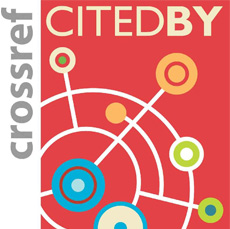ISSN : 2288-5412(Online)
DOI : http://dx.doi.org/10.14354/yjk.2010.33.191
The Irish Peasant Drama and Violence: Mayne's The Troth and Red Turf*
Abstract
The Troth is an historical play. It tries to evoke the mood of need and miseryprevailing in the years of Famine. Several allusions give its setting a definite placein Irish history. The murder just seems to be a passionate act of revenge,disconnected from any effective political movement. The violence in Red Turfsprings from a different source: the main character is placed in such a humiliatingsituation that he loses his patience at the climax of the conflict. In each ofRutherford Mayne’s plays the passionate reaction of the main character springs fromcircumstances which lie outside his own person and which he believes to be unableto cope with.
The different motivations of the violent deeds are reflected in the structures ofthe two dramas. In the exposition of Rutherford Mayne's plays a situation is linedout which is not dramatic itself: The farmers are about to submit to a menacebeyond their power; the cruelty of the landlord in one play and the ruthlessness ofacquisitive neighbor in the other. In both plays it is the figure of a neighbor whobrings the latent conflict to the surface. Passion and violence create a feeling ofsuffering which borders on tragedy.
초록
-
-
Submission : JAMS
https://yjk.jams.or.kr/
-
YSK
The Yeats Society of Korea
-
Editorial Office
Contact Information- Tel: +82-2-2220-4477
- E-mail: ilhwan_y@hanyang.ac.kr -

-

-

-

-

-





